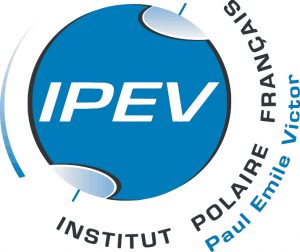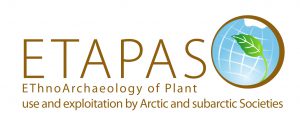Projet IPEV 1140
Le programme ETAPAS est un projet ethnoarchéologique focalisé sur les usages actuels des ressources végétales en milieu périglaciaire auprès de populations de Sibérie orientale de la toundra et de la taïga.
Un des objectifs est d’alimenter les référentiels qui peuvent permettre d’interpréter en termes fonctionnels les structures de combustion, les assemblages de restes ligneux carbonisés, les outils dédiés au travail des végétaux… Ces travaux conduits en contexte traditionnel sont à I ’origine d’un renouvellement considérable des protocoles expérimentaux et des modèles d’interprétation des cultures matérielles et des environnements du passé.
Le projet répond également à une urgence patrimoniale en ce qu’il contribue à l’observation et à I’archivage de pratiques chez des groupes très menacés par l’accélération du changement climatique.
Cette démarche actualiste répond à des pratiques de recherche ethnoarchéologique très solidement ancrées au sein de I’UMR CEPAM ; elle contribue au positionnement holiste, systémique, de l’unité et repose sur des interactions fortes entre les culturalistes de l’équipe STEP et les environnementalistes de l’équipe GRENES. Ce projet s’inscrit dans un des axes prioritaires de l’université de Nice Sophia Antipolis « Risques, Environnement, Territoires et sociétés durables ».
The project ETAPAS focuses on the ethnoarchaeology of plant use in periglacial environments, through work and surveys with Siberian peoples living in the tundra and the taiga.
One of its aims is to develop ethnoarchaeological datasets allowing to go further into the functional interpretation of combustion features, the taphonomy of burned residues, tools linked to plant processing, etc. This research, conducted in traditional contexts, is considerably renewing our experimental protocols and interpretative models of past material cultures and environments.
The project also has a strong focus on the preservation and curation, as it contributes to the recording of practices and beliefs of societies that are threatened by global climatic and societal changes.
This actualistic approach is framed within ethnoarchaeological practices deeply embedded in the CEPAM’s research traditions. It is fully embedded in the holistic and systemic perspective of the laboratory and relies on strong interactions between the culturalists of the STEP team and the environmentalists of the GRENES team. This project is relevant to the priority thematic area of Nice University “Risk, Envinronment, Territories and Sustainable Societies”.





